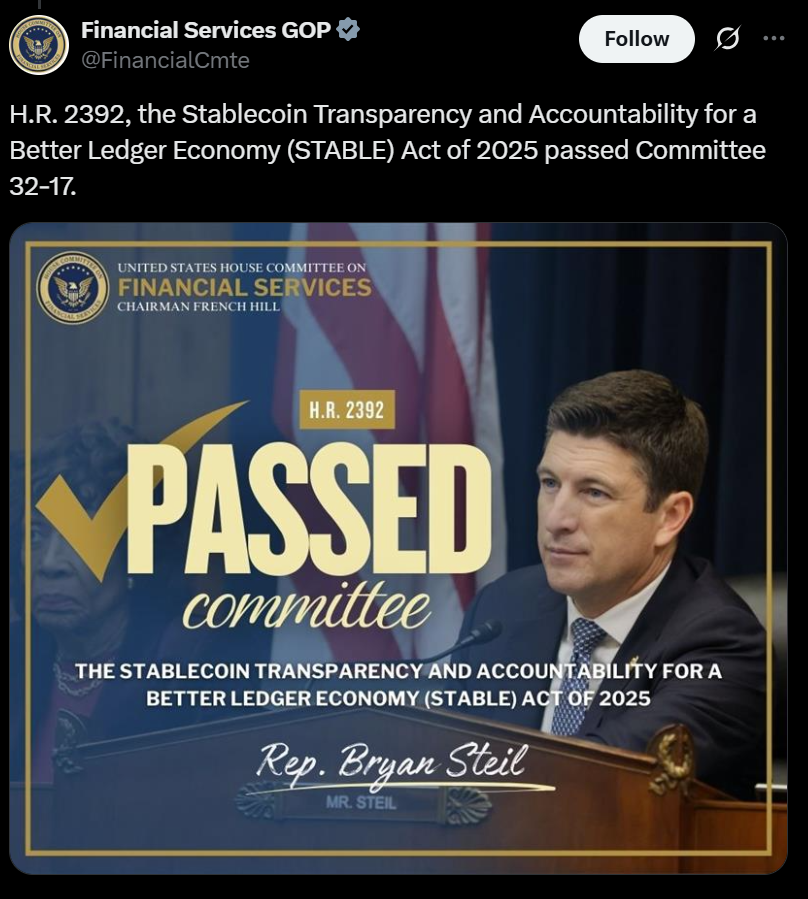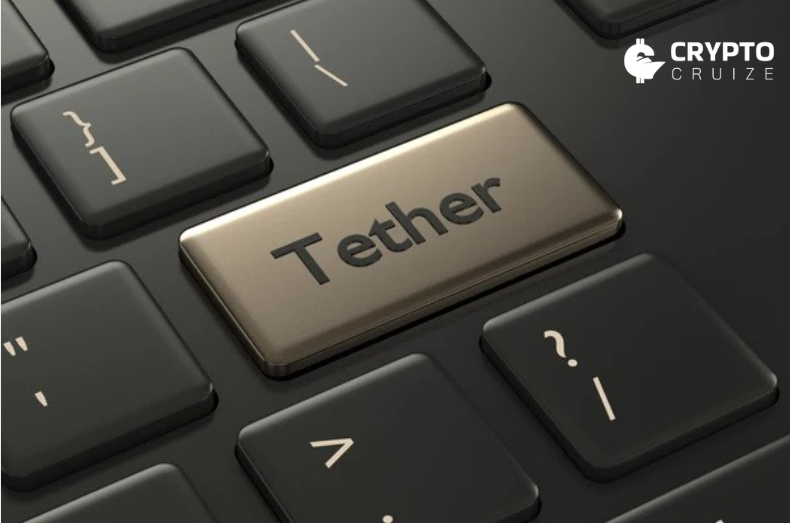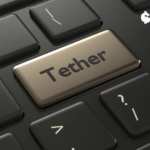Lawmakers and legal experts push for a modernised framework to support digital assets
In a House Committee hearing held on 9 April, legal experts and industry representatives criticized the United States Securities and Exchange Commission (SEC) for its rigid and outdated regulatory framework concerning digital assets. The session, titled “American Innovation and the Future of Digital Assets: Aligning the U.S. Securities Laws for the Digital Age,” brought together key voices from the crypto and legal spheres, including Rodrigo Seira, special counsel at Cooley LLP.
Crypto firms fail to register and survive
Rodrigo Seira, representing law firm Cooley LLP, delivered a stark message in his opening remarks: “It is clear that the current securities regulatory framework is not a viable option to regulate crypto. It fails to achieve its stated policy goals.” According to Seira, while crypto projects should comply with federal securities laws when raising capital, in reality, attempts to register with the SEC have largely led to failure or prolonged uncertainty.

He stressed that “virtually no crypto projects have successfully registered their tokens under federal securities laws and lived to tell the tale.” The process, he added, is not only resource-intensive but also burdens projects with ongoing obligations similar to publicly listed companies—an unfeasible model for most emerging blockchain initiatives.
Calls for a flexible and realistic approach
Seira’s comments were echoed by other witnesses, including Tiffany J. Smith of WilmerHale, Jake Werrett from Polygon, and Alexandra Thorn of the Center for American Progress. Together, they argued that current SEC policies are stifling innovation and preventing the U.S. from becoming a global leader in digital finance.
The hearing highlighted the need for a new framework that acknowledges the unique nature of digital assets, rather than attempting to force them into traditional regulatory categories designed for stocks and bonds.
Legislators push for reform
Representative Bryan Steil, who chairs the Subcommittee on Digital Assets, Financial Technology, and Artificial Intelligence, acknowledged that regulatory hurdles were exacerbated under the Trump administration. He said lawmakers are now working to “right the ship” through new, balanced legislation.

One such effort is the STABLE Act, recently advanced by the House Financial Services Committee. The bill aims to bring payment stablecoins—digital currencies pegged to fiat like the U.S. dollar—under a regulated framework. Similarly, the Senate Banking Committee has moved forward with the GENIUS Act, focused on ensuring stablecoin issuers maintain adequate reserves and comply with anti-money laundering (AML) laws.
A comprehensive digital asset law in sight
According to Steil, the next legislative goal is passing comprehensive digital asset market structure legislation. This would define legal classifications for digital assets and establish clearer regulatory roles for the SEC and Commodity Futures Trading Commission (CFTC).
Representative Ro Khanna recently told a digital asset conference that such a market structure bill is likely to pass this year, giving the crypto industry a long-awaited legal foundation to innovate with confidence.
As the U.S. government moves towards legislative clarity, crypto stakeholders remain hopeful that a new, fit-for-purpose regulatory approach will finally emerge—one that encourages innovation rather than stifles it.




















































